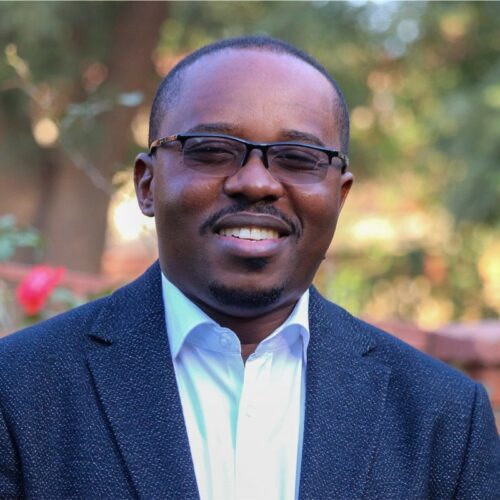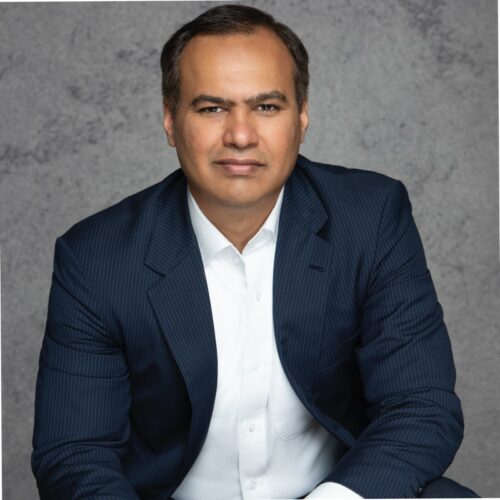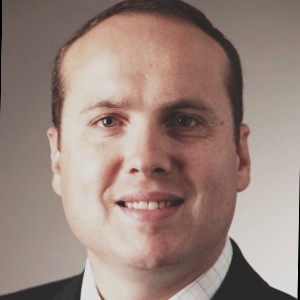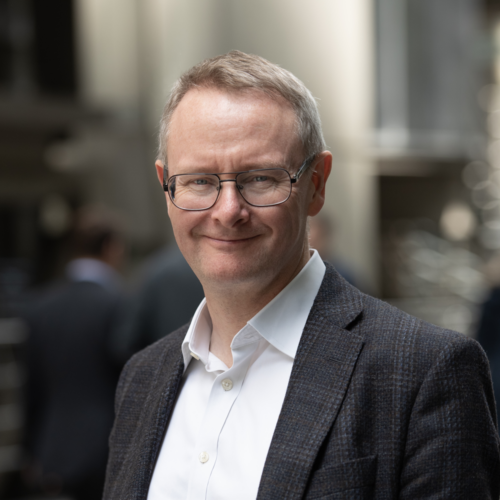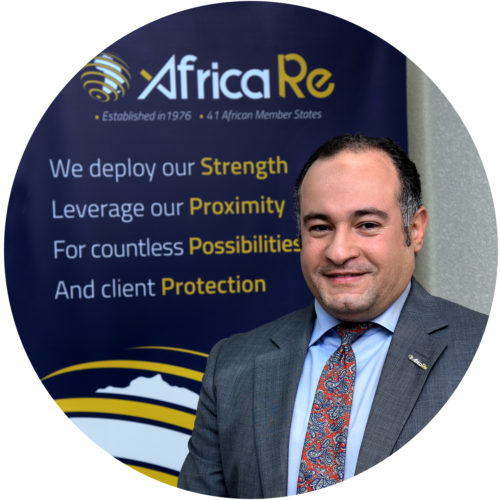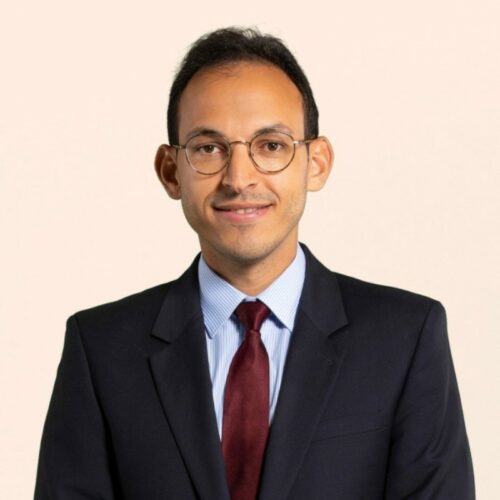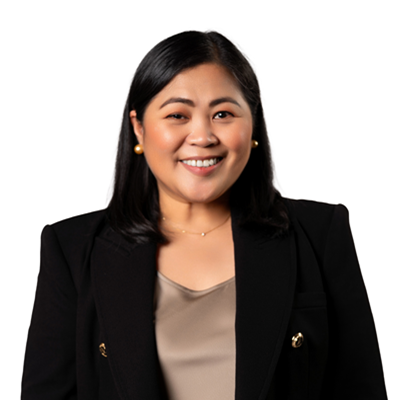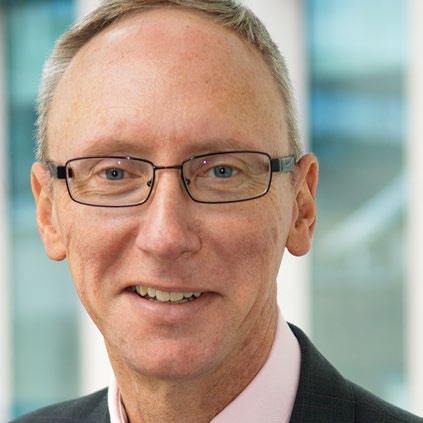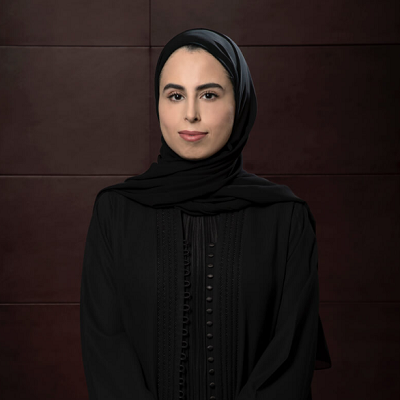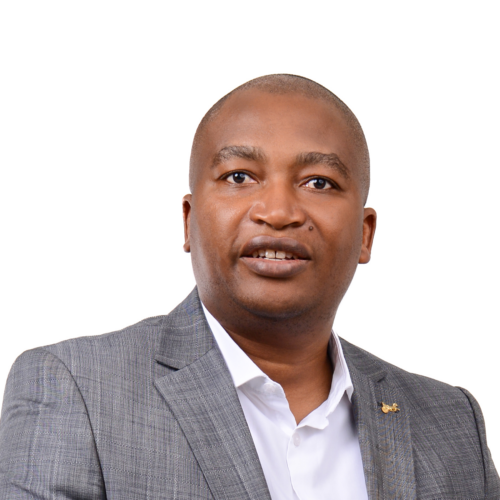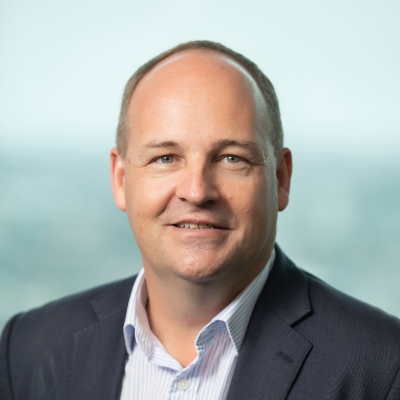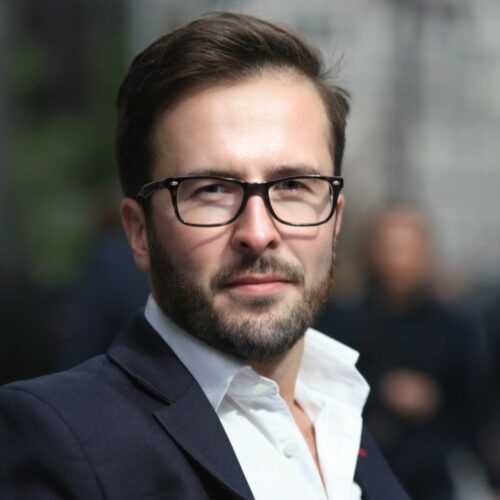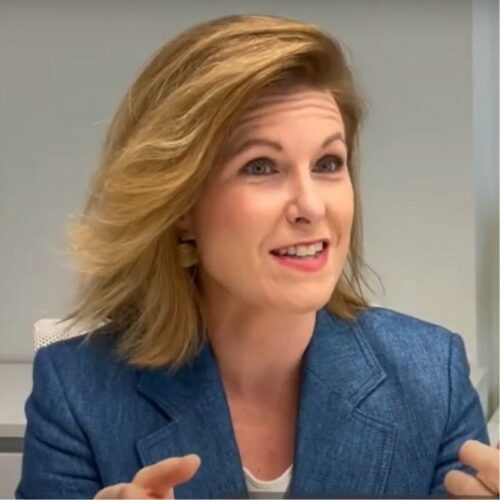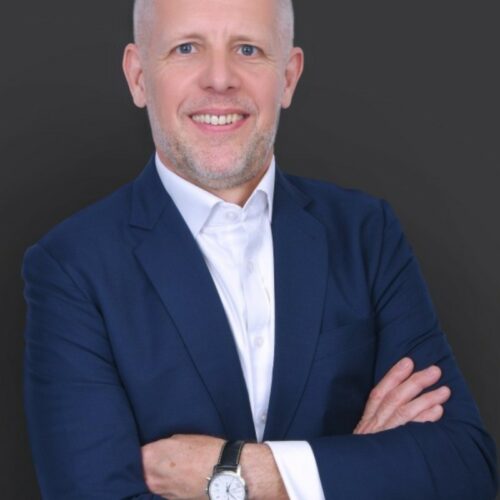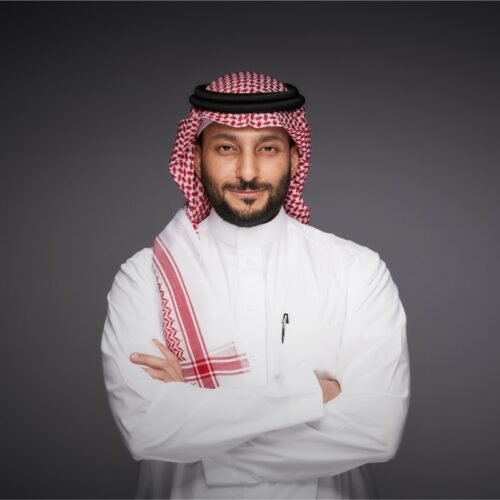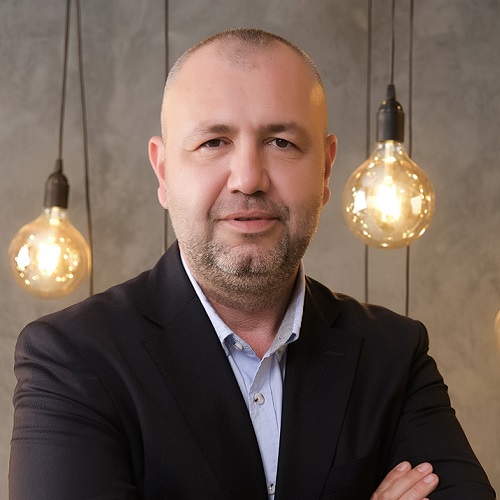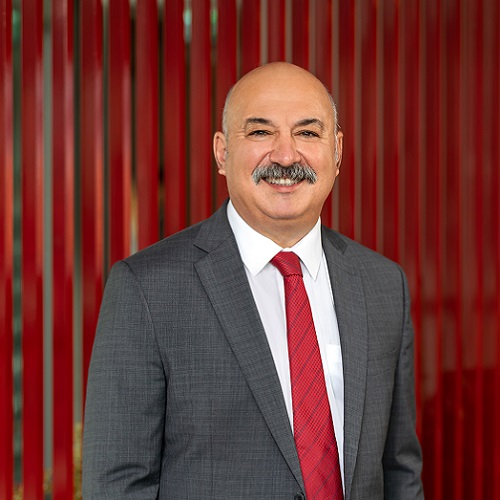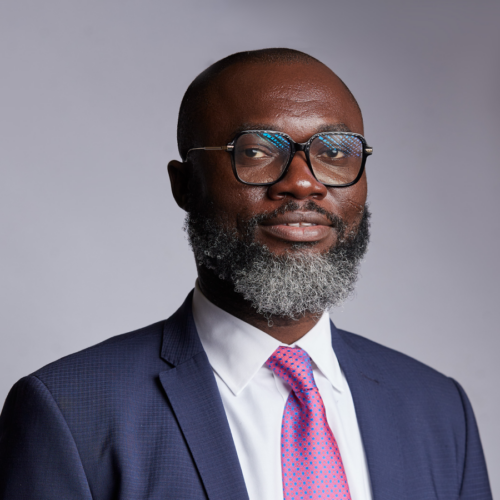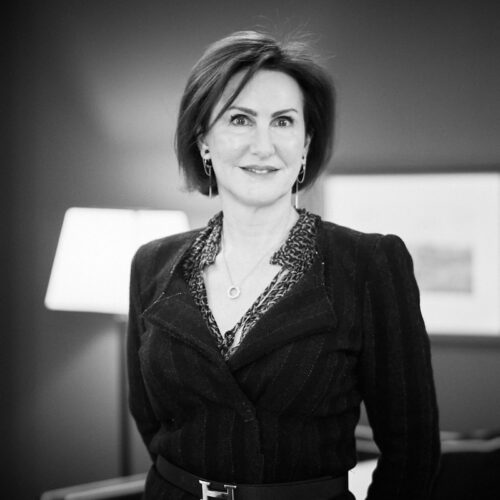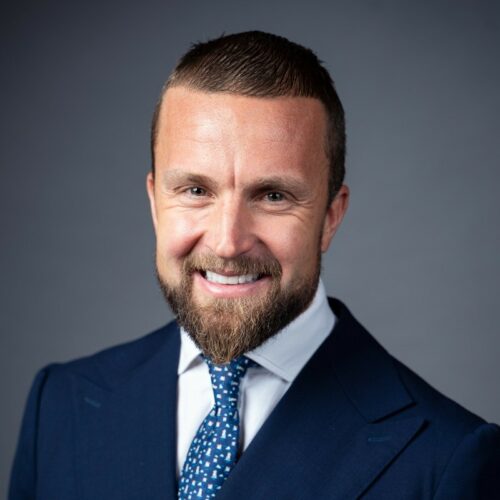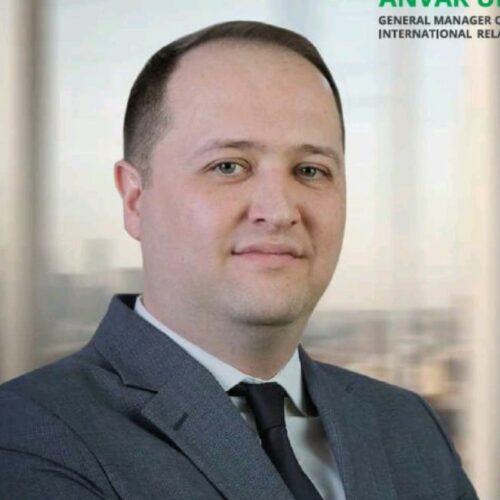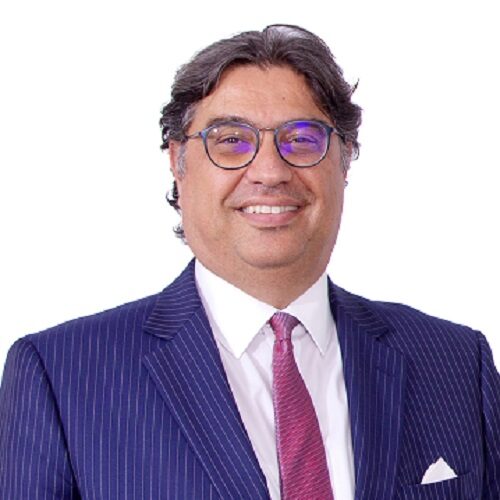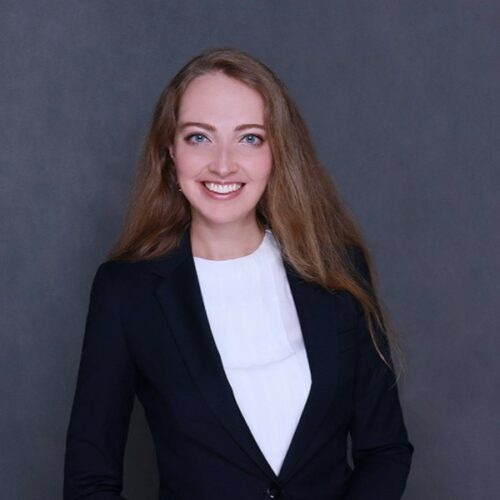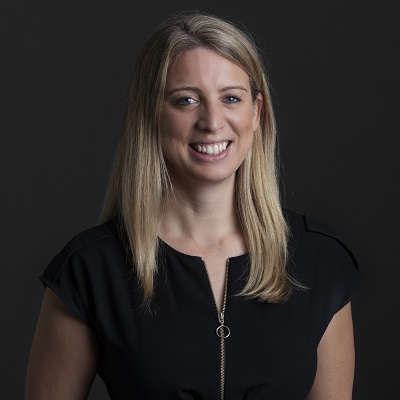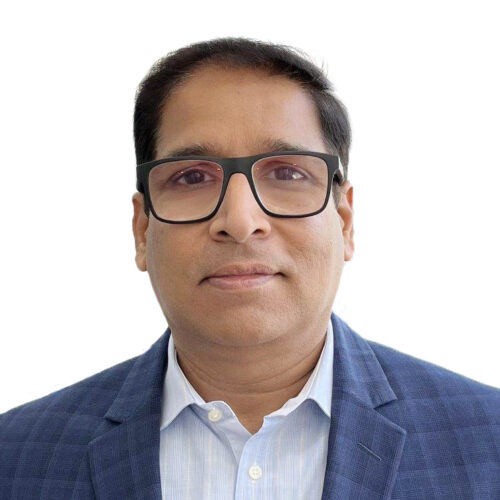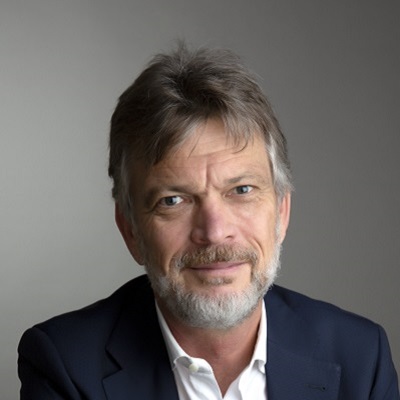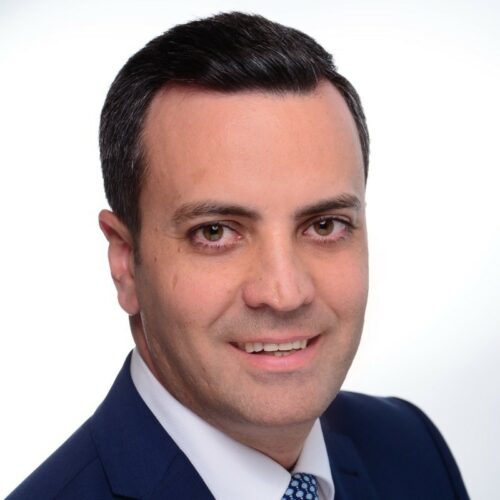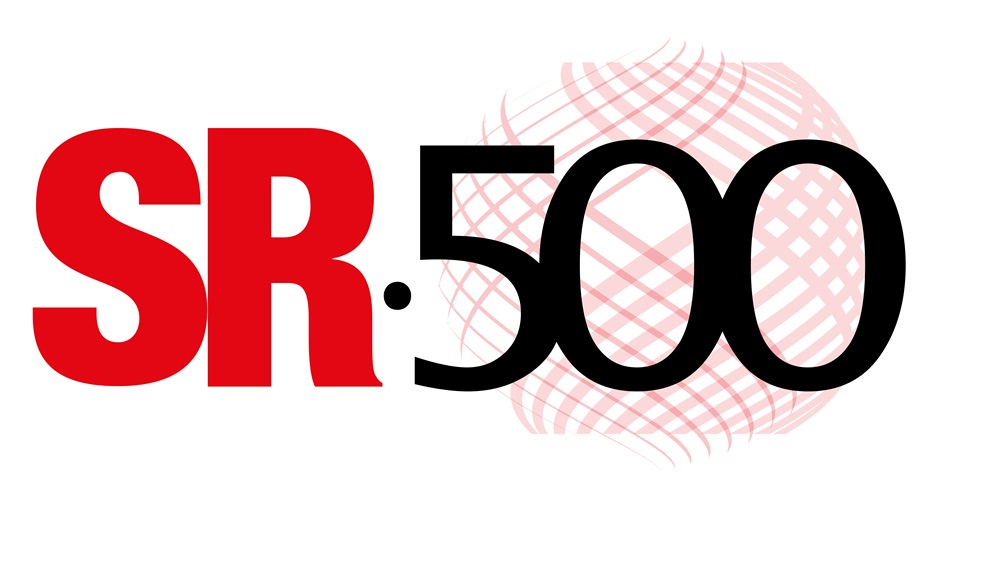SCHEDULE
LIGHTNING TALKS
We are pleased to bring you a new format for our main stage sessions for DWIC2025. Each session will include a maximum 10-minute presentation followed by a fire-side chat and an interactive Q&A session with polling. Each session will be delivered within 30 minutes – allowing our delegation to pre-schedule the session/s that they may wish to attend without impacting on their time for bi-lateral meetings.
Download the Agenda and plan your days. In addition to Lightning Talks, we have two ‘Debate Hour’ sessions and two ‘Insight in 45’ Geo Spotlight sessions. All of our speakers have given their time and expertise to plan for their sessions and we look forward to welcoming you to the Spice Ballroom and the main stage!
- All Topics
- CHATHAM HOUSE ROUNDTABLE SESSIONS
- MAIN STAGE - GEO SPOTLIGHT
- MAIN STAGE - LIGHTNING TALKS
- MEETINGS
- NETWORKING
- REGISTRATION
26 APRIL- SUNDAY
- 18:00 - 20:00
REGISTRATION
- 18:00 - 19:30
OFFICIAL WELCOME DRINKS RECEPTION
Admission to Badge Holders only
NETWORKINGWhereAtlantis Royal Terrace
27 APRIL - MONDAY
- 07:45 - 18:00
REGISTRATION
- 08:00 - 18:30
Meetings
- 09:00 - 09:45
The Future of the DIFC
A keynote and panel discussion exploring the Dubai International Financial Centre’s evolving role in global reinsurance, and an update on plans for 2026. The DIFC & members will assess regulatory developments, market expansion, and DIFC’s ambitions as a hub for innovation, MGAs, attracting new capacity, and capital flows across the MEASA region.
MAIN STAGE - LIGHTNING TALKSWhereAtlantis Ballroom 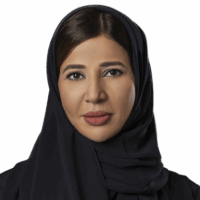 10:00 - 10:30
10:00 - 10:30AI in Reinsurance: Transforming Claims and Underwriting
By HE RAJA AL MAZROUEI Chief Executive Officer, Etihad Credit InsuranceExperts will examine how artificial intelligence is reshaping the reinsurance value chain from claims automation and underwriting analytics to generative AI applications. The session will also consider how technology is changing workforce dynamics and skill sets across the industry. Hiring processes have changed as a result of AI and we’ll explore how that will change the landscape of talent.
MAIN STAGE - LIGHTNING TALKSWhereAtlantis Ballroom- 10:45 - 11:15
Climate Change and Risk Resilience
This session addresses the reinsurance response to a changing climate, covering catastrophe modelling & resilience financing. Panellists will discuss data innovation, new modelling approaches, and strategies for managing the growing protection gap amid more frequent extreme weather events.
MAIN STAGE - LIGHTNING TALKSWhereAtlantis Ballroom - 12:00 - 12:45
DIFC Roundtable
A focused conversation following on from the DIFC keynote. The session will discuss on the Dubai International Financial Centre’s evolving role as a regional and international hub for reinsurance. Senior market figures will exchange views on regulatory developments, capital flows, and strategic priorities driving the DIFC’s continued growth and global relevance.
CHATHAM HOUSE ROUNDTABLE SESSIONSWhereThe Boardroom - 13:00 - 13:30
Lunch 1
- 13:30 - 14:00
Lunch 2
- 14:00 - 15:00
Lunch 3
- 15:00 - 15:45
AI Roundtable
An engaging, participant-driven discussion on the most practical and high-impact AI applications in reinsurance. Delegates will debate real-world use cases in claims, underwriting, pricing, and portfolio management, exploring both successes and pitfalls. Expect open dialogue on governance, data ethics, and the pace of adoption across global markets.
CHATHAM HOUSE ROUNDTABLE SESSIONSWhereThe Boardroom - 16:00 - 16:45
Political Violence Roundtable
An expert-led discussion on the rising risks of political violence, unrest and geopolitical disruption. The session will cover underwriting approaches, coverage evolution and claims experience, alongside the implications for reinsurers seeking to balance opportunity with heightened exposure in volatile regions.
CHATHAM HOUSE ROUNDTABLE SESSIONSWhereThe Boardroom - 18:00 - 19:30
Sunset Networking
Continue your meetings in an informal setting, to the backdrop of the sunset, on the Royal Terrace.
NETWORKINGWhereAtlantis Royal Terrace
28 APRIL - TUESDAY
- 07:45 - 18:00
REGISTRATION
- 08:00 - 18:30
Meetings
- 09:00 - 09:30
GCC Growth and Reinsurance Opportunities
A deep dive into the Gulf region’s expanding reinsurance ecosystem. Speakers will highlight the latest market developments in Riyadh and Dubai, including the evolving role of brokers, the influx of new capacity and regulatory shifts driving sustainable growth. How is the GCC holding its weight in an age where growth is already well underway?
MAIN STAGE - LIGHTNING TALKSWhereAtlantis Ballroom - 09:45 - 10:15
Dubai’s MGA Boom
This session explores the rapid rise of managing general agents in Dubai and across the region. MGA experts will discuss what’s fuelling this growth, how it’s reshaping distribution and where regulatory frameworks and market appetite are headed.
MAIN STAGE - LIGHTNING TALKSWhereAtlantis Ballroom - 10:30 - 11:00
Crisis Management in Emerging Markets
A candid discussion with broker and insurer CEOs who have recently established or scaled operations in the region. Topics include political instability and market volatility, amongst others. Strategies for maintaining operational resilience will be at the forefront of this session.
MAIN STAGE - LIGHTNING TALKSWhereAtlantis Ballroom - 12:00 - 12:45
Energy Roundtable – (Onshore and Offshore Gulf Projects)
Industry leaders will explore how the reinsurance market is responding to changing energy dynamics in the Gulf. The discussion spans traditional oil and gas exposures, offshore developments and the transition to green and renewable projects, with insights on capacity and emerging risk management trends.
CHATHAM HOUSE ROUNDTABLE SESSIONSWhereThe Boardroom - 13:00 - 13:30
Lunch 1
- 13:30 - 14:00
Lunch 2
- 14:00 - 15:00
Lunch 3
- 15:00 - 15:45
Catastrophe Risk Roundtable – (Flood, Cyclone, Earthquake)
This roundtable brings together experts to discuss how the industry is addressing regional catastrophe exposures. Topics include evolving hazard data, modelling advances and the role of reinsurance in supporting disaster preparedness, rapid recovery and resilient infrastructure across high-risk territories.
CHATHAM HOUSE ROUNDTABLE SESSIONSWhereThe Boardroom - 16:00 - 16:45
Cyber Roundtable – (Threat and Claims Environment)
A roundtable assessing the fast-evolving cyber threat landscape and its implications for reinsurance. Participants will examine claims patterns, emerging vulnerabilities, and shifting regulatory requirements, while debating how best to structure risk transfer solutions in an increasingly complex digital environment.
CHATHAM HOUSE ROUNDTABLE SESSIONSWhereThe Boardroom
29 APRIL - WEDNESDAY
- 07:45 - 16:00
REGISTRATION
- 08:00 - 18:00
Meetings
- 09:00 - 09:45
Türkiye: Growth, Recovery and Risk Transfer
Speakers will address Türkiye’s reinsurance landscape, recent regulatory reforms, post-disaster recovery strategies and the role of international partners in supporting sustainable market development.
MAIN STAGE - GEO SPOTLIGHTWhereAtlantis Ballroom - 10:00 - 10:45
Central Asia: The Next Frontier
This session shines a light on emerging opportunities across Central Asia. Industry participants will examine regional insurance maturity, infrastructure investment and the potential for reinsurance partnerships as economies diversify and expand risk transfer mechanisms.
MAIN STAGE - GEO SPOTLIGHTWhereAtlantis Ballroom - 12:00 - 12:45
Sub-Saharan Africa Roundtable
A dialogue focused on reinsurance market development across Sub-Saharan Africa. Panellists will explore growth in key territories, evolving regulatory frameworks and the role of international partnerships in technology adoption and sustainable market expansion.
CHATHAM HOUSE ROUNDTABLE SESSIONSWhereThe Boardroom - 13:00 - 13:30
Lunch 1
- 13:30 - 14:00
Lunch 2
- 14:00 - 15:00
Lunch 3
SR.500 DUBAI
Wednesday 30 April 2025, 12:00 – 14:00, Boardroom, Atlantis the Palm
StrategicRISK.500 is an exclusive ‘off the record’ members-only forum for a carefully selected group of the most senior risk management professionals and insurance buyers from the biggest companies across the globe.
Through a series of closed-door roundtable sessions, SR.500 will examine the rapidly evolving risk landscape and learn how some of the biggest companies are innovating to better build resilience.
Topic | Plugging the skills gap: How the Middle East is tackling people-related risks
The Middle East is grappling with significant people and talent risks that could impede economic growth and diversification efforts.
A key challenge is the widening skills gap, particularly in digital and technological sectors. Rapid advancements have outpaced the current workforce’s capabilities, leading to a shortage of qualified professionals in areas such as artificial intelligence, data science, and cybersecurity.
High turnover rates further compound these challenges. Employees are considering job changes, often due to gaps in employee benefits and dissatisfaction with current compensation structures. This creates significant risks around talent retention, as organisations struggle to maintain a stable and committed workforce.
Our SR.500 roundtable presents a valuable opportunity for senior risk management professionals and insurance buyers to engage in in-depth discussions on effective strategies to mitigate people and talent risks.
Participants:
DUBAI AIRPORTS
RAKINSURANCE
ADNOC GROUP
RAK CERAMICS
DEUTSCHE BANK
GULF INTERNATIONAL BANK
REVANTAGE [BLACKSTONE]
VISION INVEST
DP WORLD
IRM
If you would like to learn more about being an SR.500 partner please contact dan.king@nqsm.com
-
Hosted by Global Reinsurance, The Dubai World Insurance Congress (DWIC) re-imagines the traditional conference to provide attendees with unrivalled networking, business and thought leadership opportunities, all under one roof.
Published by Global Reinsurance, part of NEWSQUEST MEDIA GROUP LIMITED Limited, registered in England & Wales at Echo Building, 18 Albert Road, Bournemouth, BH1 1BZ. Company Number 01676637. – a Gannett company
-
For sponsorship enquiries contact:
DAN KING
Publishing Director
E: dan.king@nqsm.comFor programme & registration enquiries contact:
DEBBIE KIDMAN
Head of International Operations and Events
E: debbie.kidman@nqsm.com
